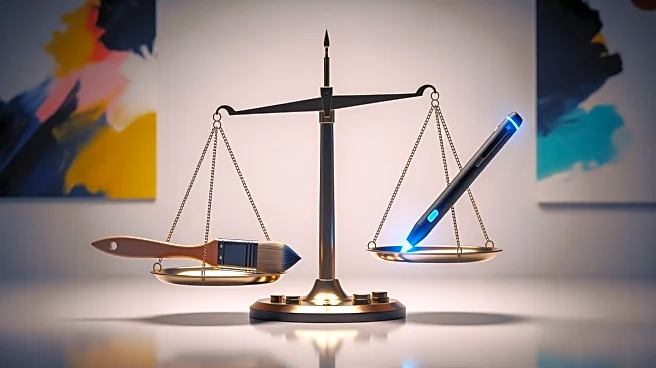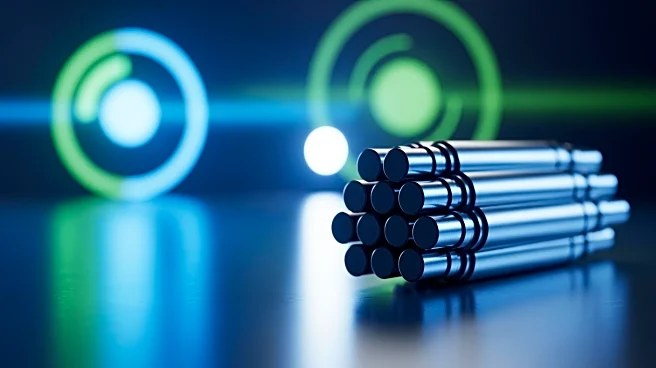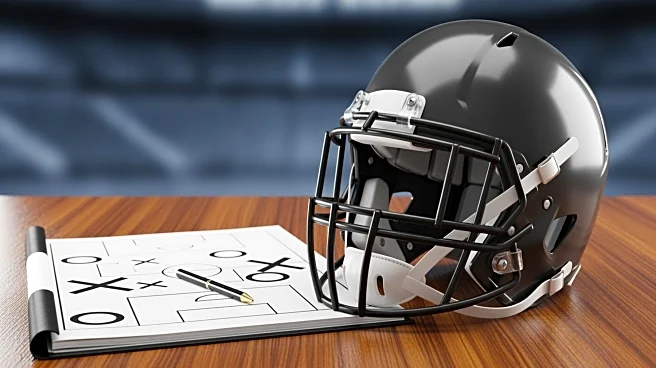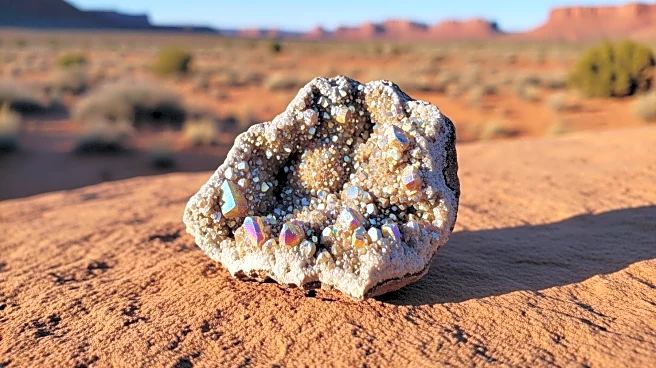What's Happening?
Computer scientist Stephen Thaler has petitioned the U.S. Supreme Court to determine whether AI-generated art can receive copyright protection. Thaler's AI model, the 'Creativity Machine,' autonomously
created an image titled 'A Recent Entrance to Paradise,' which the Copyright Office refused to register due to lack of human authorship. Thaler argues that the 'human authorship' requirement is not specified in the statute and proposes that AI-generated works should be eligible for copyright under principles like work-for-hire and accession.
Why It's Important?
The case raises significant questions about the intersection of technology and intellectual property law, with implications for the creative industries. If AI-generated works are deemed copyrightable, it could redefine ownership and control over digital content, impacting artists, businesses, and legal frameworks. The decision could influence how AI is integrated into creative processes and the protection of AI-generated assets, affecting innovation and competition in the tech and art sectors.
Beyond the Headlines
The case highlights broader ethical and legal considerations surrounding AI and creativity, challenging traditional notions of authorship and ownership. It underscores the need for updated legal frameworks to address the complexities of AI-generated content and its impact on society. The outcome could set a precedent for future cases involving AI and intellectual property, shaping the landscape of digital rights and creative expression.









